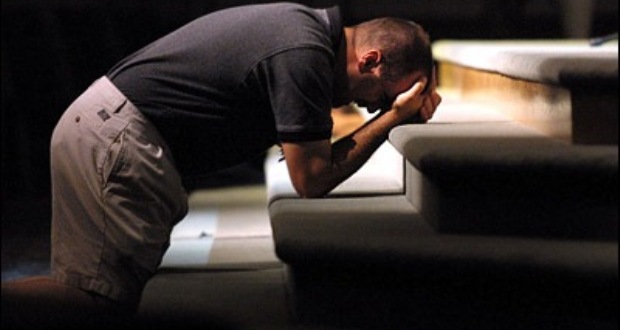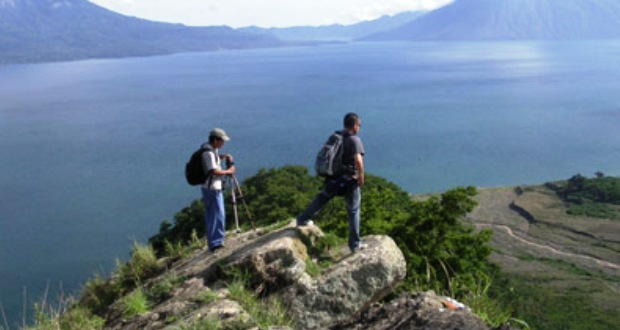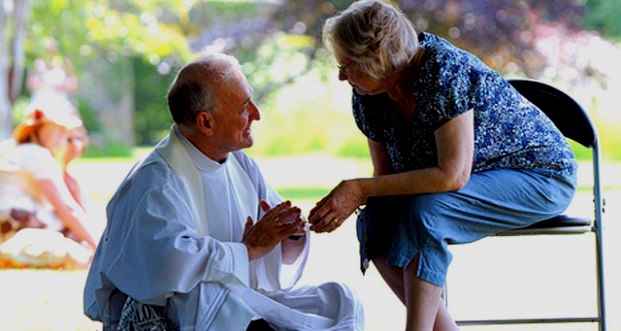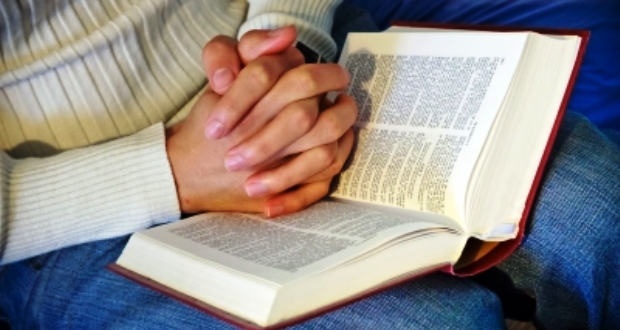Jesus And The Woman At The Well – A Conversion Story
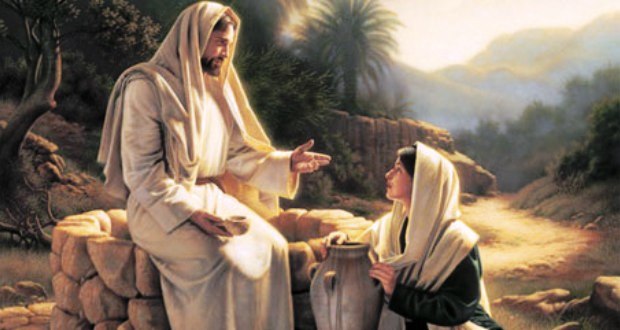
Fr Dexter Brereton, CSSp
This third Sunday of Lent finds much of the world trying to come to grips with a global coronavirus pandemic which poses an existential threat for many persons in society especially the elderly and the ‘immuno-compromised.’ The ensuing social and economic chaos have prompted many nations to announce stringent travel restrictions and some even to close their borders against foreign travelers. Nonetheless, one of the truly touching aspect of this global crisis has been the high levels of cooperation between nations (and individuals) in the east and west, rooted in a sense of common adversity. I am reminded of an old West Indian saying which goes as follows: “When rain fall, sheep and goat have to mix.”
The story of the conversation between Jesus and an unnamed Samaritan woman and later, her community is also a story of reconciliation between two groups of persons who face each other across a religious and cultural divide. The history of the Samaritan people goes back to the 8th century BC and the Fall of the Northern Kingdom. With most of the population carried off into exile, the remaining population mixed with foreigners. Though they were worshippers of the God of Israel and claimed descent from the Patriarchs, rivalry and enmity between the Jews and this race of mixed blood cause them to erect a rival temple on Mount Gerizim. The Samaritan woman’s journey with Jesus is a journey from darkness into light, given her increasing understanding of who Jesus is. She begins the account referring to Jesus as a Jew, and by the end of the conversation, he is ‘messiah’ the anointed of God. Her journey is also a journey out of estrangement and enmity to greater understanding.
As I read stories of WHO officials visiting the Chinese authorities, who shared information with them, as I read the story of the heroic Chinese doctor who, in spite of the danger to his own freedom tried to warn the world of the growing epidemic in China, I am struck by the realization that at the end of the day we are all citizens of the same world and in the long run, our ideological commitments, our “temples” will not matter much. Jesus said to the Samaritan woman: “Believe me, woman, the hour is coming, when you will worship the Father neither on this mountain nor in Jerusalem.”The young Chinese doctor arrested and threatened for blowing the whistle on the looming health crisis understood that at the end of the day it did not matter too much whether he was a loyal communist and citizen of China. First and foremost, he was a doctor with an ethical responsibility towards the health of ALL human beings. It did not matter whether one worshipped “on this mountain” (this ideology) or “Jerusalem” (the rival ideology).
Lord, even as we thank you for this heroic young Chinese doctor who raised the alarm about this coming global pandemic, make of us loyal citizens of the earth so that at all times we may not be afraid to act on behalf of the common good and for the welfare of all persons, whether they worship on this mountain or Jerusalem, regardless of where they have built the temple of their political and ideological commitment.


